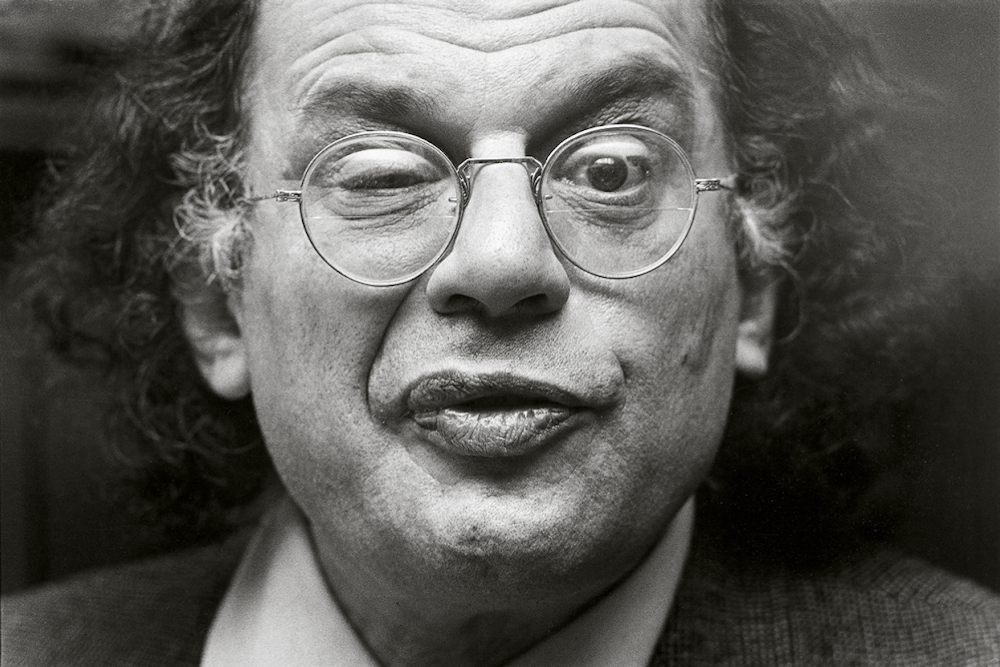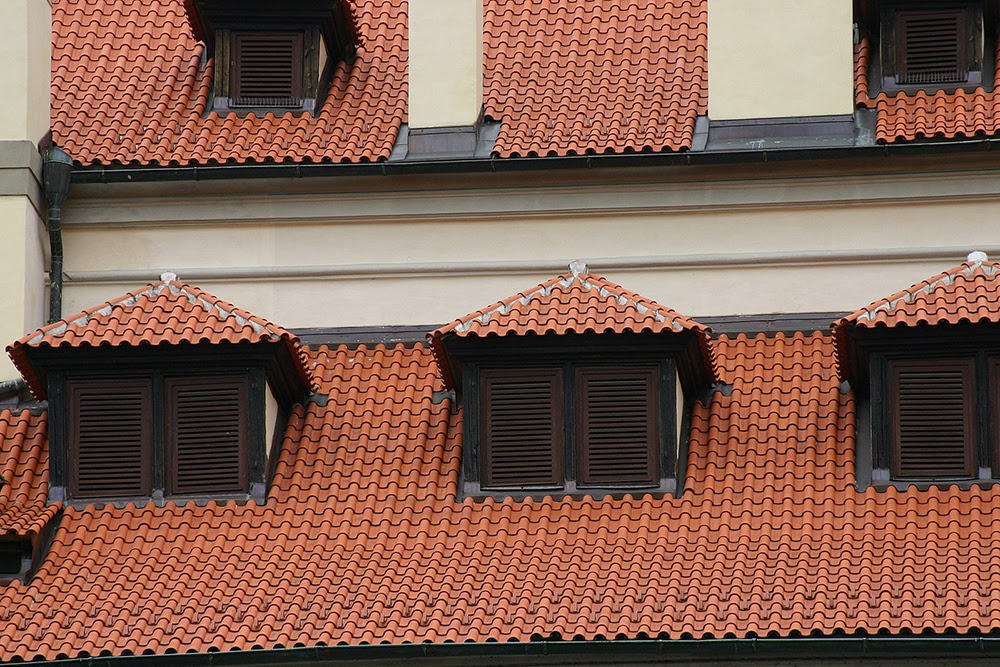Every week, the editors of The Paris Review lift the paywall on a selection of interviews, stories, poems, and more from the magazine’s archive. You can have these unlocked pieces delivered straight to your inbox every Sunday by signing up for the Redux newsletter.
This week at The Paris Review, as National Poetry Month winds down, we’re continuing to celebrate Poets at Work, our latest anthology of interviews. Read on for work by three of the writers included in the book: Allen Ginsberg’s Art of Poetry interview, an excerpt from Susan Howe’s “Defenestration of Prague,” and Derek Walcott’s poem “The Light of the World.” You can also read Paris Review poetry editor Vijay Seshadri’s introduction on the Daily.
If you enjoy these free interviews, stories, and poems, why not subscribe to The Paris Review? You’ll also get four new issues of the quarterly delivered straight to your door. Or, subscribe to our new bundle and receive Poets at Work for 25% off.
Allen Ginsberg, The Art of Poetry No. 8
Issue no. 37 (Spring 1966)
You have many writers who have preconceived ideas about what literature is supposed to be, and their ideas seem to exclude that which makes them most charming in private conversation … And the hypocrisy of literature has been … you know like there’s supposed to be formal literature, which is supposed to be different from—in subject, in diction and even in organization, from our quotidian inspired lives.
from Defenestration of Prague
By Susan Howe
Issue no. 86 (Winter 1982)
Skeletal kin
tilt
italic lunacylong illness of little difference
Seventy memories
maskssinging and piping
to be(half words)
beginning and begetting …
The Light of the World
By Derek Walcott
Issue no. 101 (Winter 1986)
Marley was rocking on the transport’s stereo
and the beauty was humming the choruses quietly.
I could see where the lights on the planes of her cheek
streaked and defined them, if this were a portrait
you’d leave the highlights for last, these lights
silkened her black skin, I’d have put in an earring,
something simple, in good gold, for contrast, but she
wore no jewelry …
If you enjoyed the above, don’t forget to subscribe! In addition to four print issues per year, you’ll also receive complete digital access to our sixty-eight years’ worth of archives. Or, subscribe to our new bundle and receive Poets at Work for 25% off.
from The Paris Review https://ift.tt/3t12OOS



Comments
Post a Comment